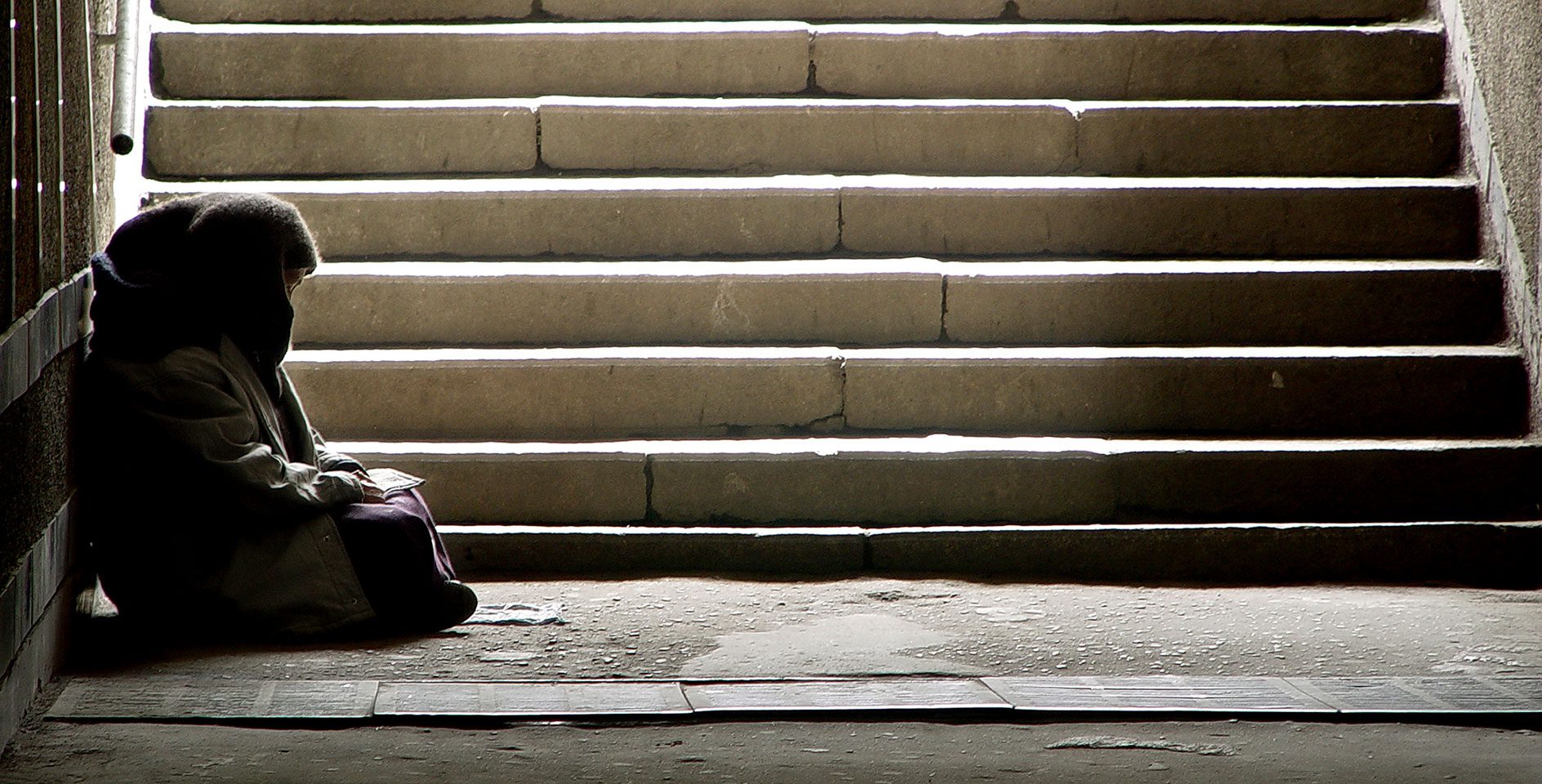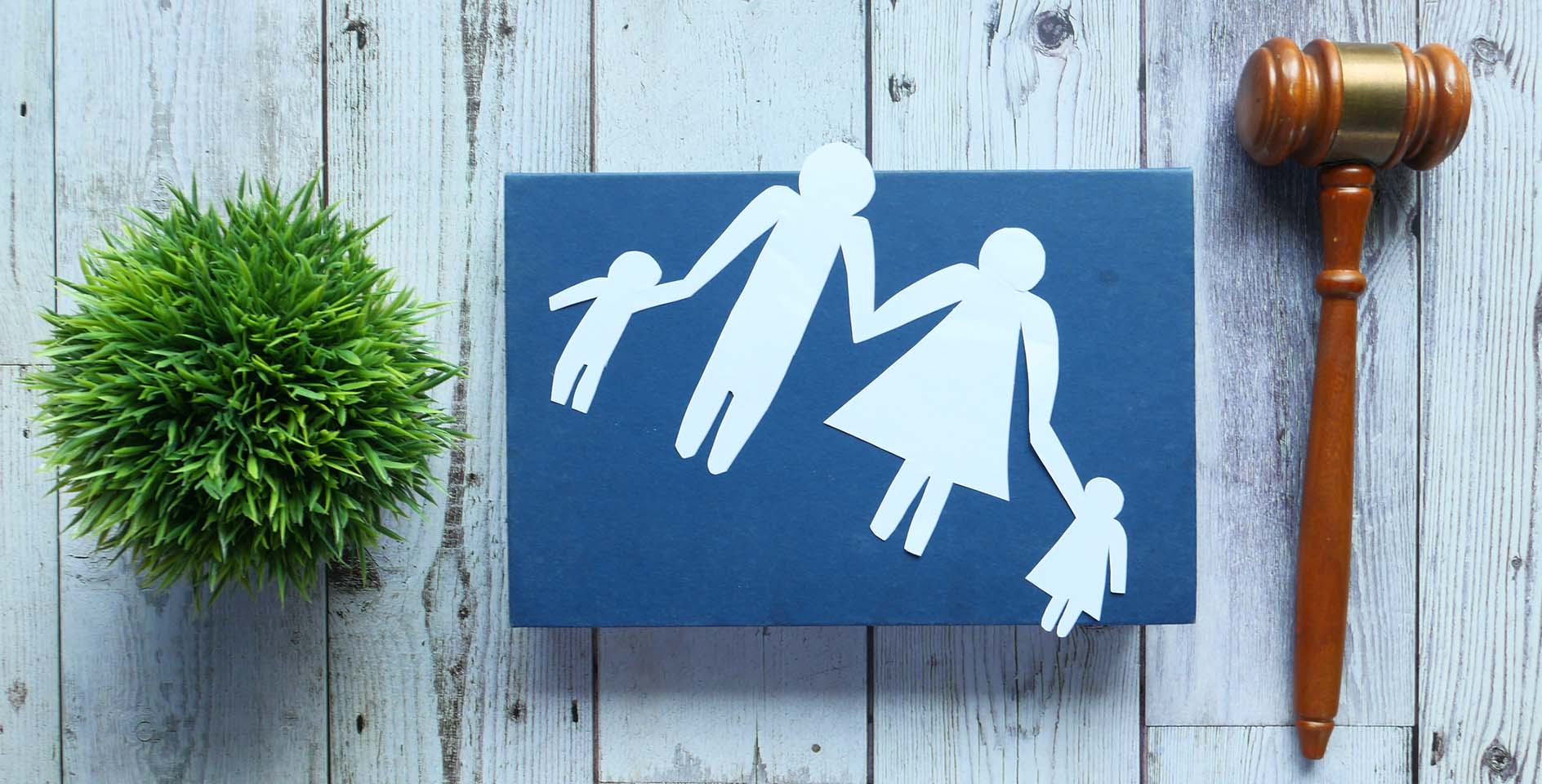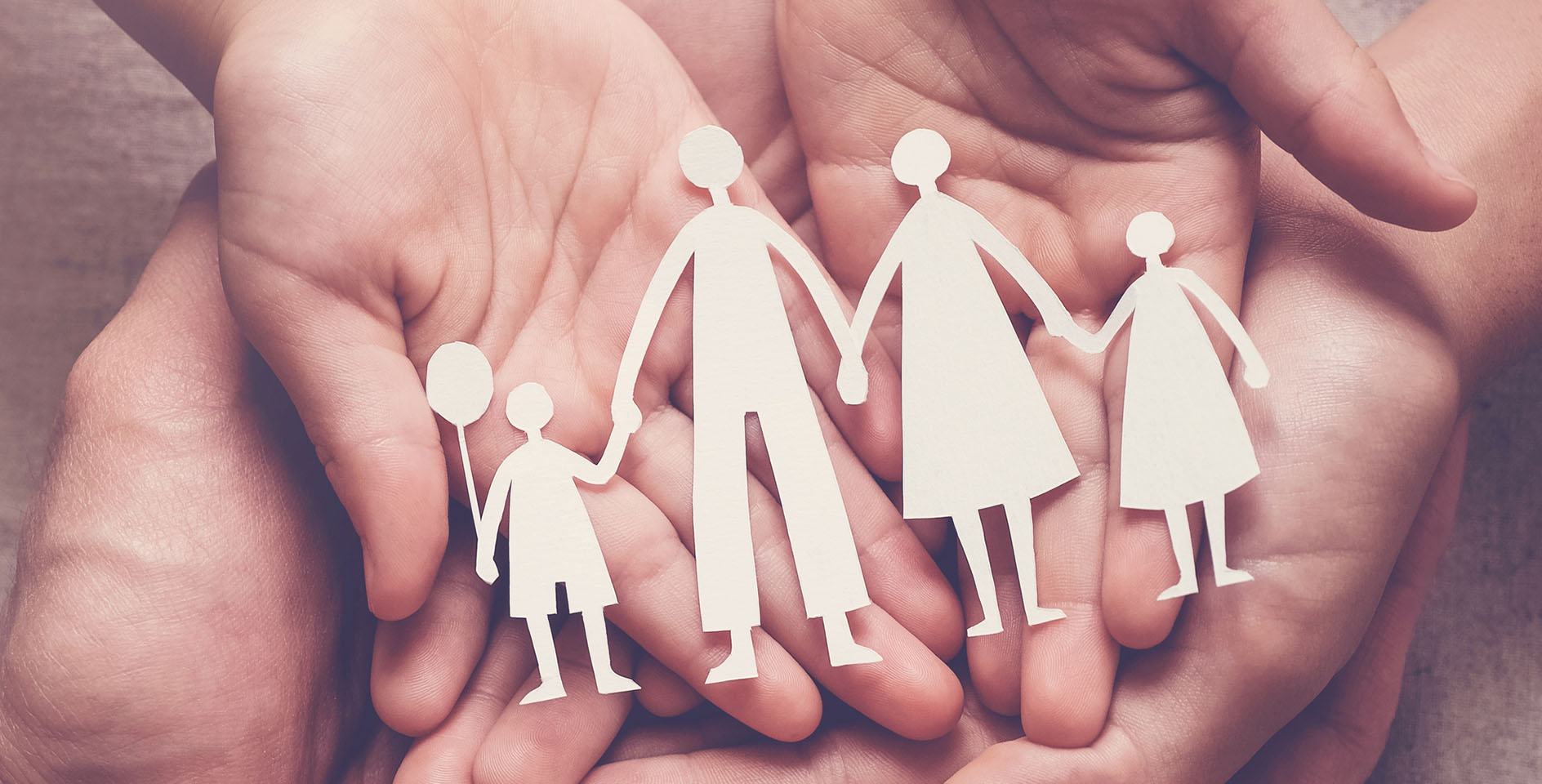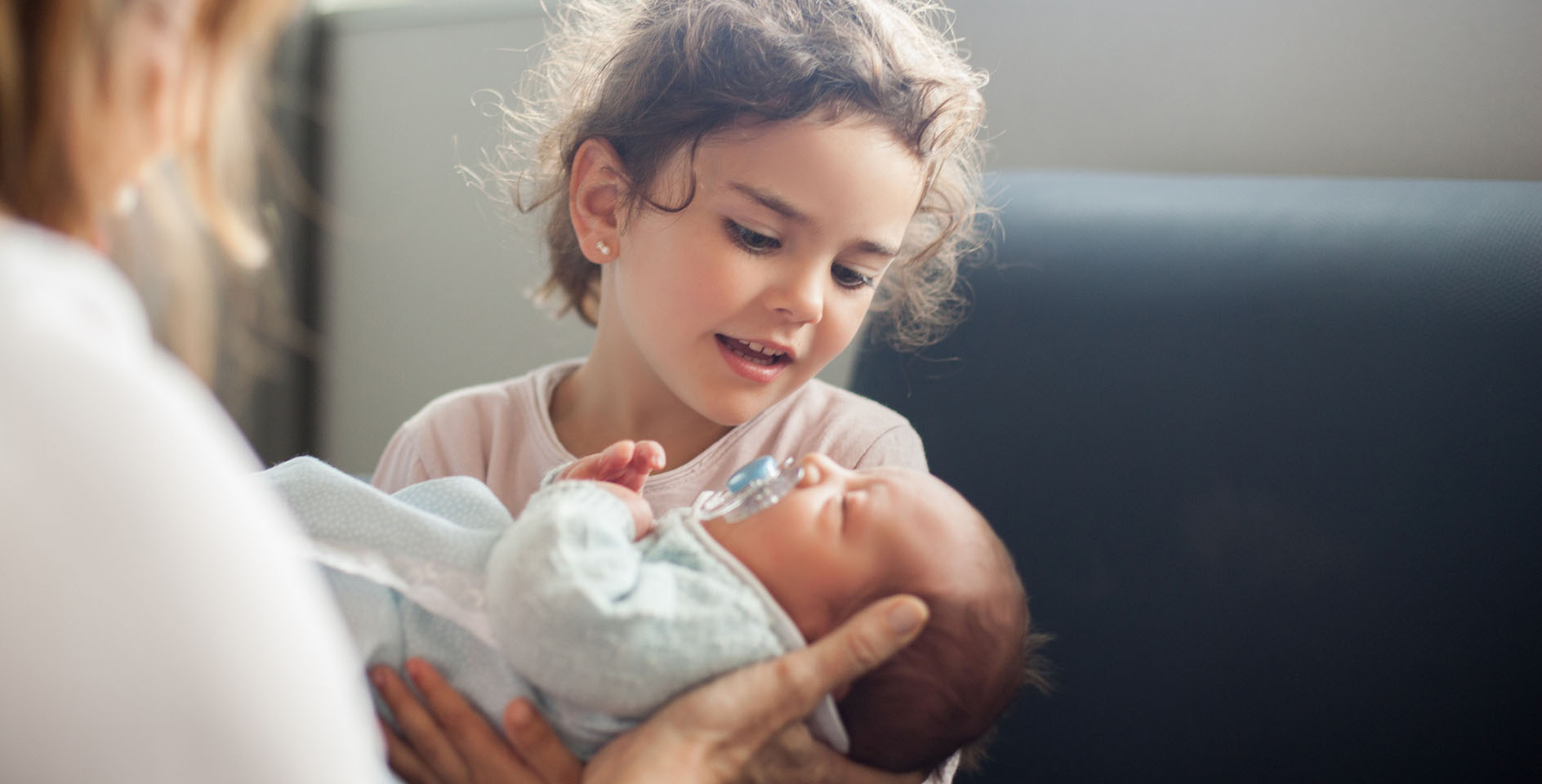I met Sarah* when she was seven months pregnant. She was homeless, young, and naive, and her intellectual disabilities were obvious, but so was her affection for the tiny baby girl in her belly, the one she and her on-again, off-again boyfriend were determined to keep.
The circumstances made it obvious to most that she could not raise a baby on her own. She had no stable place to live, no family support, and no way of knowing what would be required of her. But for a young woman who had nothing else, there in the safety of her womb grew the only evidence she had that she was worth something; she believed her hopes of keeping her boyfriend and her dignity depended on keeping her baby.
“Well, we will help you,” was all I knew to say, but I had no idea what it would mean.
Just under two years after I met her, this young homeless woman, Sarah, would have a new title: my daughter’s birth mother.
Getting closer to the story
It’s easy to look at situations like Sarah’s, and the hundreds—maybe thousands—of other examples just like hers in my own hometown alone and dismiss them.
She won’t hold down a job, she’d rather live off the system.
Child Protective Services just needs to intervene and take that baby.
You can’t help people who won’t help themselves.
I’ve heard each one of those statements over the last two years, from Christians and non-Christians alike. In the most frustrating moments, I’ve been tempted to believe them myself. But there is something that makes it nearly impossible to dismiss another human being with sweeping generalizations: proximity. Get near the broken and you can no longer ignore the reason she is broken.
Sarah’s story began more than a generation back, when poverty and addiction crept into her family line. By the time she was born, parents and grandparents, aunts and uncles and siblings had all been affected by the cyclical hopelessness of drugs and desperation. Sarah was taken from her own family as a near-starving toddler—herself an innocent victim of the CPS just needs to take the baby mentality. Authorities did take her, but with a shortage of suitable homes to send her to, the situation changed but did not improve. She was eventually placed with family, and her exploitation and abuse began before she entered second grade. Her primary perpetrator, a family member, was put in jail, but not before forever changing the narrative of Sarah’s life. At eight years old, Sarah had formed no safe attachments, experienced starvation, and had been repeatedly raped. The damage of eight years of trauma on her young brain was done.
By the time I met Sarah, she had been living “the street life” for five years—sometimes sleeping on an acquaintance’s couch and sometimes under a bridge. She had an eighth grade education and a slew of diagnosed disabilities and mental illness. She used her body the way people who were supposed to protect her showed her how to use it much of her childhood: as a credit card to purchase affection, shelter, or food.
Everything was against her. And none of it was her fault.
We know from numerous studies that childhood trauma has damaging effects on the brain’s development. Science tells us that trauma leads to “dysregulation of the amygdala, ventral affective processing, and reward circuits,” all big words with a simple explanation: trauma changes everything. In small doses and with safe people to process, virtually all human beings can cope with trauma. But repeated, violent, and ignored abuse in a child is not something she can cope with, and it changes brain chemistry for a lifetime. What that looks like for Sarah today is an inability to discern safe from unsafe people, little capacity to comprehend consequences, and crippling anxiety and depression.
But trauma does not change the image of God woven into Sarah.
The imago Dei
As frustrating and trying as it can be to love and serve and stay consistent for someone who does not understand—nor can she return—any of those things; who makes the same poor decisions again and again; seeing Sarah as a woman created in the image of God demands from us the kind of love we cannot manufacture on our own. It’s steadfast and unconditional, with no guarantees about when or if it will ever produce any fruit. It isn’t allowed to dismiss her with trite sentiments like she won’t hold down a job because it understands and has genuine compassion for the fact that she can’t.
When we told Sarah that we would help her, we had no idea it would be through foster care and adoption. We had three young children at home, one with significant special needs. Our plate felt full. But when CPS came to take her baby, she called and asked us for help.
Every night when we put this sweet girl down for bed, we thank God she did.
As it became clear after several months that Sarah would not be able to safely take care of her baby, she signed her parental rights over to us, asking only one question as she did: “Will my baby know who I am?”
Through tears I told Sarah, “Yes, of course she will. You’re always going to be her mom, too, Sarah.”
Like many sentiments, this is harder to live out than it was to say. There are missed visits and pushed boundaries. There’s the very real concern that Sarah’s life is not a safe one to expose her daughter to, but also the knowledge that seeing her daughter is so good for Sarah’s heart. We do not know how to walk out an open adoption perfectly. We only know a perfect Savior who welcomes every chance we ask him to help us (James 1:5).
We cannot fix what Sarah’s past took from her, and we are not naive about how difficult it is for a brain and a heart as damaged as hers to heal, and then change. We believe with all our heart that if God can raise the dead, then there is nothing too big for Him to redeem. But if we are honest, we don’t know what redemption looks like for Sarah.
I don’t know if we can expect a miracle—which is what it would take for her—this side of heaven. The damage is irreparable, bearing the tangible scars of so much sin. But, as followers of Christ, we don’t sit in what we do not know and let it excuse our inaction. Sarah needs a miracle, and we cannot do that for her. But she also needs clothes, sometimes food, coffee cards, help filling out government paperwork, and supernatural patience to do it all again when they are lost or stolen or neglected. And those are things we can do.
Sarah, and everyone created with the imago Dei—which is everyone—need people to get close to them, and people who believe in miracles, but who tangibly love them while they wait for one.
*names have been changed for privacy









